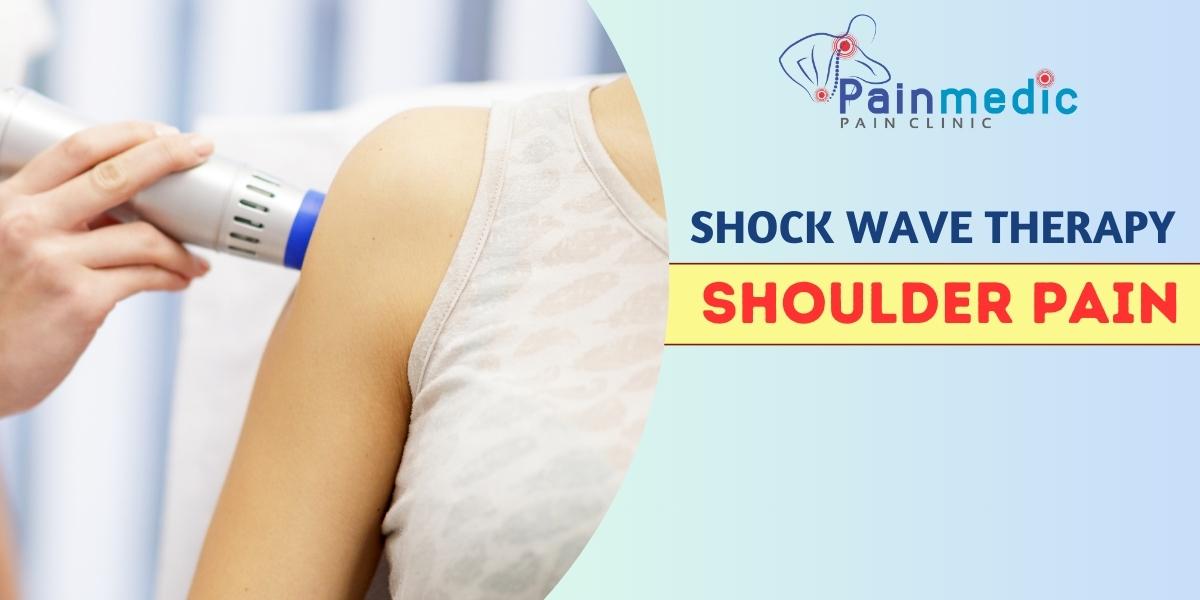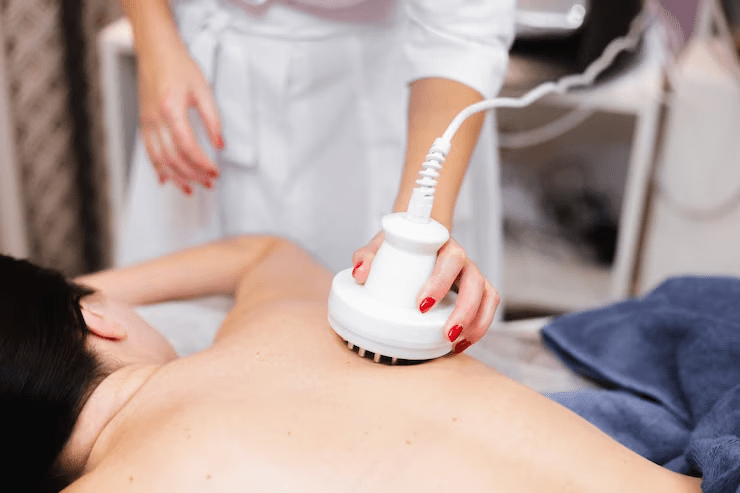
How Effective is Shock Wave Therapy For Shoulder Pain?
Shoulder pain can be debilitating, affecting daily activities and overall quality of life. In recent years, shock wave therapy has emerged as a potential treatment option for shoulder pain. But how effective is shock wave therapy for shoulder issues? Let’s delve into this topic to uncover the facts and insights surrounding this innovative therapy.
Understanding Shock Wave Therapy
Shock wave therapy involves the application of high-energy acoustic waves to the affected area. These acoustic waves stimulate the body’s natural healing process, improving blood flow, reducing inflammation, and promoting tissue regeneration. In the context of shoulder pain, shock wave therapy aims to alleviate discomfort, enhance mobility, and restore function to the shoulder joint.
Benefits of Shock Wave Therapy for Shoulder Pain
Clinical Studies – Several studies have examined the effectiveness of shock wave therapy for shoulder pain. Research suggests that shock wave therapy can provide significant pain relief and improve shoulder function in patients with conditions such as rotator cuff tendinopathy and calcific tendinitis.
Non-Invasive Nature – One of the key advantages of shock wave therapy is its non-invasive nature. Unlike surgical interventions, shock wave therapy is a safe and relatively painless procedure that can be performed on an outpatient basis.
Speed of Recovery – Patients undergoing shock wave therapy for shoulder pain may experience a faster recovery compared to traditional treatments. The therapy stimulates the body’s natural healing mechanisms, accelerating the healing process and reducing downtime.
Long-Term Benefits – Some studies suggest that the benefits of shock wave therapy for shoulder pain may extend beyond immediate pain relief. Improved shoulder function, reduced stiffness, and enhanced range of motion are reported by many patients post-therapy.
Considerations and Precautions
Consultation – It is crucial to consult with a healthcare provider or a qualified professional before undergoing shock wave therapy for shoulder pain. They can assess your condition, provide personalized recommendations, and ensure that the treatment is appropriate for you.
Treatment Plan – The number of shock wave therapy sessions required may vary based on individual factors and the severity of the shoulder condition. Adhering to the recommended treatment plan is essential for optimal results.
Monitoring – Regular follow-up appointments and monitoring can help track progress, address any concerns, and make adjustments to the treatment plan if needed.
Shock wave therapy shows promising results as an effective treatment for shoulder pain. From promoting healing to improving functionality, this non-invasive therapy offers a valuable option for individuals seeking relief from shoulder issues. By understanding the benefits, considerations, and precautions associated with shock wave therapy, patients can make informed decisions regarding their shoulder pain management.
Watch This Video For Detailed Information about Shockwave Therapy For Shoulder Pain
FAQs – Shock Wave Therapy For Shoulder Pain
Is shock wave therapy painful for shoulder treatment?
Shock wave therapy for the shoulder is generally well-tolerated and minimally painful, offering a non-invasive alternative to surgery.
How many sessions of shock wave therapy are typically needed for shoulder pain?
The number of sessions required varies based on individual factors and the specific shoulder condition, with healthcare professionals customizing treatment plans accordingly.
What are the potential long-term benefits of shock wave therapy for shoulder issues?
Long-term benefits may include improved shoulder function, reduced stiffness, enhanced range of motion, and sustained pain relief post-therapy.



